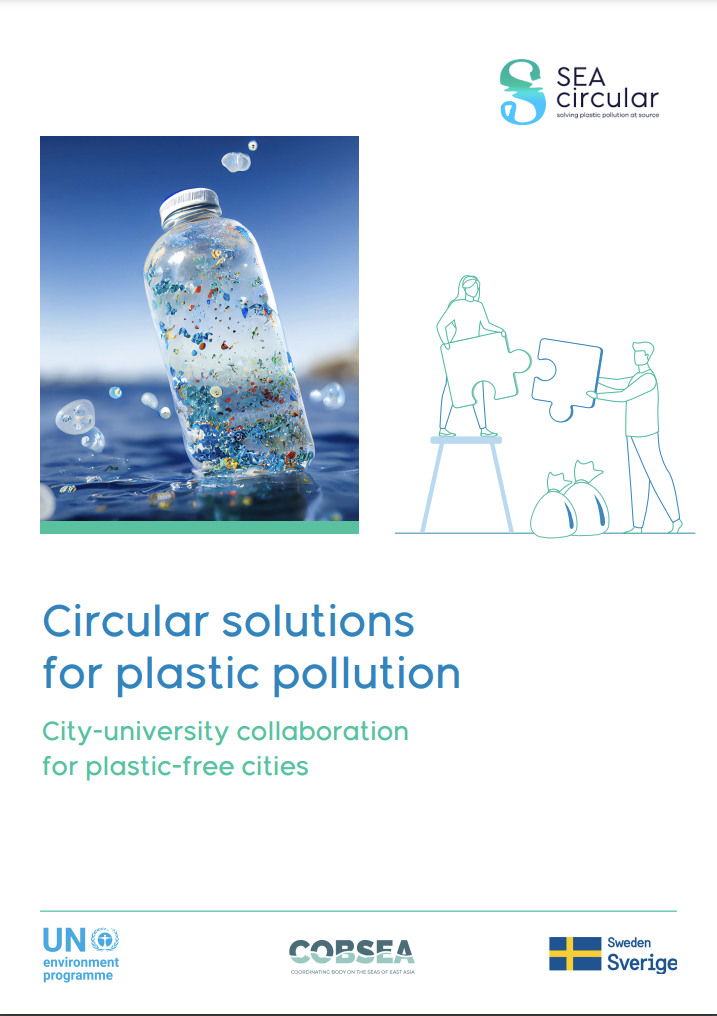This good practice case study is part of a series of knowledge products developed by the SEA circular project to showcase exemplary market-based solutions that bring about transformational changes in how plastic is managed in the value chain. This series captures circular economy approaches to addressing plastic pollution, from innovative business models to behaviour change initiatives. These approaches form part of the SEA circular project’s “circularity framework for the plastic value chain”.
Iloilo City is one of the most highly urbanized cities in the Philippines. In 2021, the city had an estimated population of 477,992 and generated an estimated 314.46 tons of waste a day. The city has 180 barangays, about 26 located in riverine and coastal areas. Following RA 9003, the city has created and implemented its solid waste management plan. To better understand the current waste management practices in the city, CPU conducted a baseline study, which supported the development of solutions to the city’s plastic waste problem. There were two notable results: (i) the amount of plastic waste unrecovered was a total of 143 tons a day; and (ii) the disposal method consisted of dumping waste at the collection point and draining/throwing it elsewhere. Based on the findings of this study, CPU developed a series of eco-solution models to address the plastic waste management problems faced in the city. This resulted from several surveys, stakeholder discussions, capacity-building workshops and business forums facilitated across the barangays.
For more information about this case, visit, https://www.sea-circular.org/


